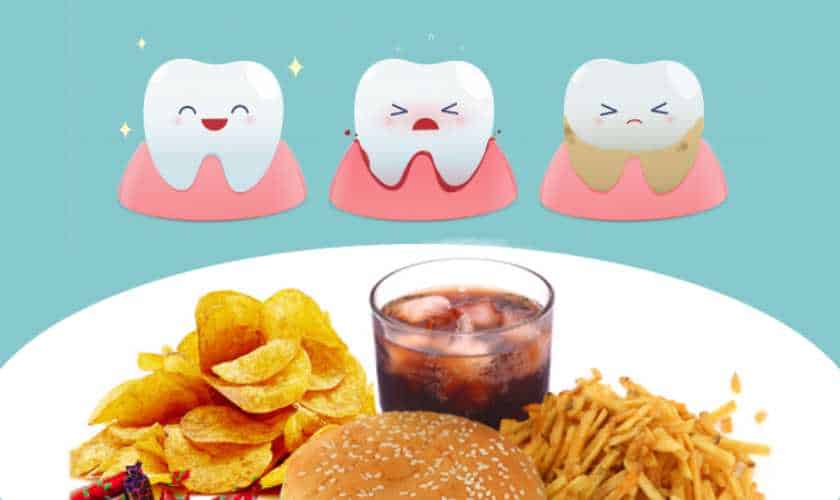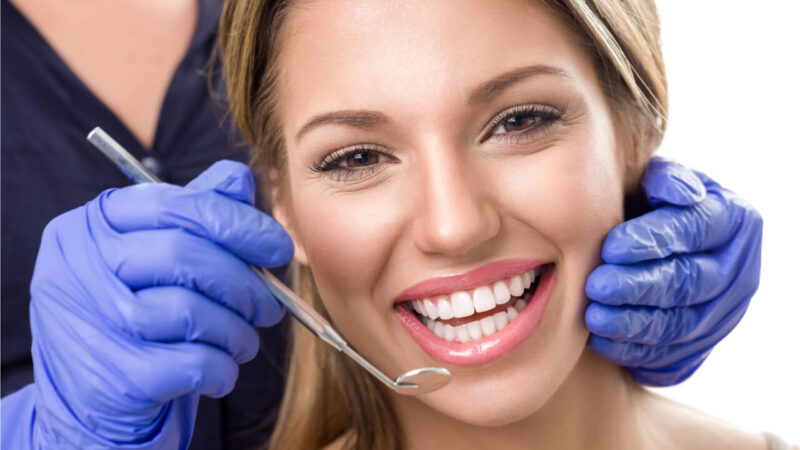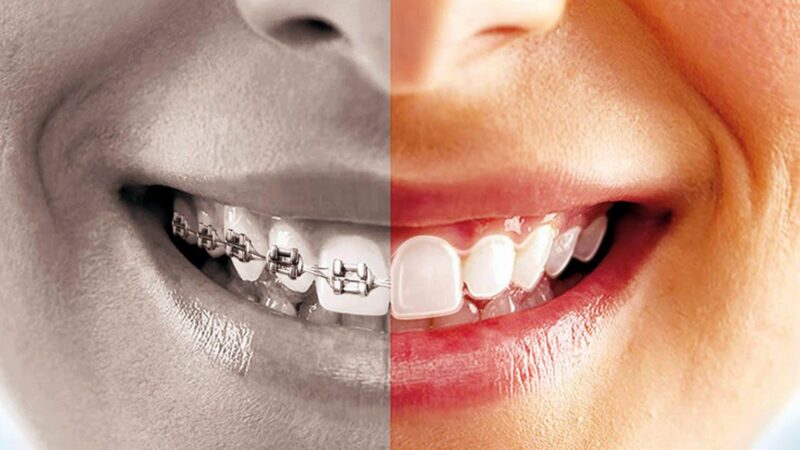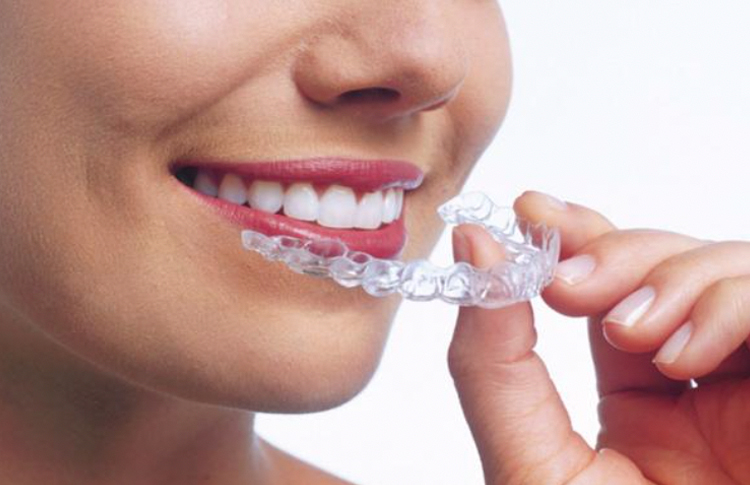5 Foods That Are Harmful to Your Teeth

There is no denying that your oral health can have a significant impact on your general well-being. If you’re not taking good care of your teeth, you could be putting yourself at risk for various problems. Your teeth are an important part of your body, and maintaining good oral hygiene is essential to keeping them healthy. The foods you eat play a significant role in determining the state of your teeth.
Here are five foods that are harmful to your teeth:
1. Sugar
Sugar consumption changes the pH in your mouth and tooth enamel. When that happens, it’s easier for bacteria to thrive. Unfortunately, this can lead to cavities and gum disease, which can be very painful and costly.
The World Health Organization recommends limiting your sugar intake to 10% of your daily calories. This works out to about six teaspoons for the average adult. There’s also evidence that sugar can increase tooth decay and periodontal disease risk.
Not consuming a lot of sugar may be challenging, especially in a sugar-laden society. However, by only treating yourself once in a while, you’ll maintain excellent health.
2. Coffee and Soft Drinks
Coffee and soft drinks are extremely harmful to your teeth. They contain acids that can erode tooth enamel and lead to cavities. The darker the beverage, the more damaging it is to your teeth. It would be best if you always rinsed with water after having a caffeinated beverage.
Carbonated soft drinks contain citric acid, which is even more damaging to your teeth. The citric acid in these drinks can cause irreversible damage to your enamel. When your enamel gets damaged, it leaves your teeth vulnerable to tooth decay. read also about: Surgical instruments
3. Processed Foods
Processed foods are often high in sugar and low in nutrients. Eating too many can leave your body in a state of chronic inflammation. And when your body has inflammation, it’s harmful to your teeth.
A diet high in sugary and processed foods can lead to cavities, gingivitis, and periodontal disease. So the more unhealthy you eat, the more you may encounter dental issues. It can also make it more challenging to keep your teeth clean.
4. Chewing Tobacco and Smokes
The long-term damage of smoking and chewing tobacco is well documented. Unfortunately, this type of oral hygiene can also shorten your life.
Chewing tobacco and cigarettes can lead to serious dental issues. Some dental problems include tooth decay, gum disease, and oral cancer. The nicotine in cigarettes can damage your saliva. When that happens, it inhibits your body’s ability to break down food and clean your teeth. Tobacco use can also lead to an increase in plaque and acids in your mouth. This can lead to tooth decay and cavities.
So, if you struggle with tobacco use, devise a plan to wean yourself off it.
5. Seafood
Seafood is often considered an excellent source of nutrition. It includes essential omega-3 fatty acids. Unfortunately, many types of seafood are also high in mercury which can cause significant damage to your teeth.
Excessive mercury intake can cause gum disease. It can also increase the risk of you developing a tooth infection. Mercury can also cause discoloration of your teeth, making them appear darker.
Diet Is Essential to Oral Hygiene
Diet is essential to oral hygiene, and poor dietary choices can lead to various dental problems. So be sure to eat plenty of fruits and vegetables, and drink lots of water to keep your teeth healthy.
If you notice signs of dental decay or gum disease, make an appointment with your dentist. They can advise you on how to improve your oral hygiene practices. For example, they may recommend you use a mouth guard to protect your teeth.
Consider a Night Guard
If you find you experience issues with your teeth from the above foods, using a night guard can help. JS Dental explains how night guards can improve the health of your mouth.
A dental night guard is a removable appliance worn while you sleep. They are often worn to protect teeth that have received treatment. A few examples of treatments are getting a crown or tooth extraction.
It protects your teeth, gums, and the rest of your body. The night guard will help keep your teeth from grinding and help your gums stay healthy.
Conclusion
Remember that good dental hygiene is not just about cleaning your teeth. It also extends to your diet, which is crucial in preventing gum disease and other oral issues.






